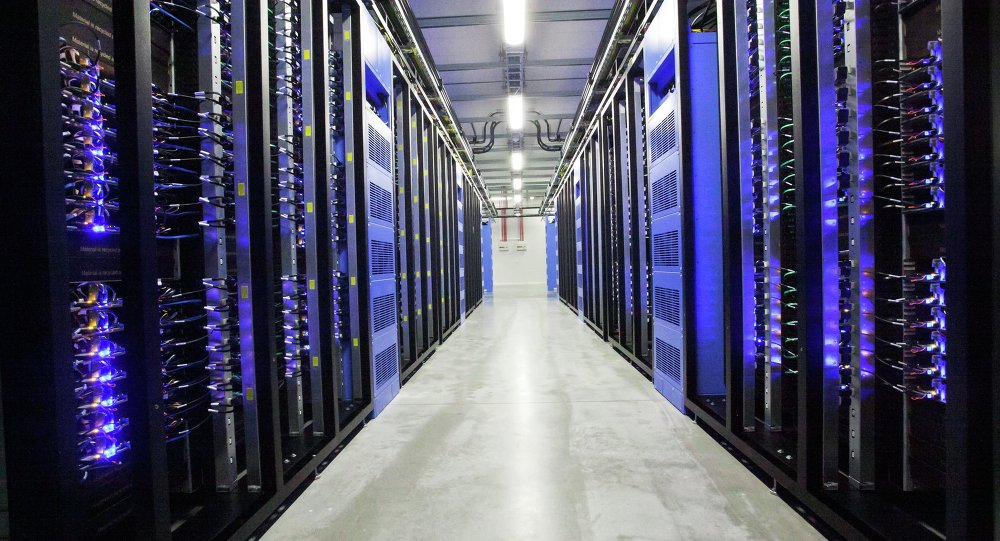-
Tips for becoming a good boxer - November 6, 2020
-
7 expert tips for making your hens night a memorable one - November 6, 2020
-
5 reasons to host your Christmas party on a cruise boat - November 6, 2020
-
What to do when you’re charged with a crime - November 6, 2020
-
Should you get one or multiple dogs? Here’s all you need to know - November 3, 2020
-
A Guide: How to Build Your Very Own Magic Mirror - February 14, 2019
-
Our Top Inspirational Baseball Stars - November 24, 2018
-
Five Tech Tools That Will Help You Turn Your Blog into a Business - November 24, 2018
-
How to Indulge on Vacation without Expanding Your Waist - November 9, 2018
-
5 Strategies for Businesses to Appeal to Today’s Increasingly Mobile-Crazed Customers - November 9, 2018
China retains supercomputing crown in latest Top 500 ranking
The Tianhe-2 supercomputer at China’s National University of Defence Technology has topped the Top 500 list for supercomputers for the fifth consecutive time.
Advertisement
The Tianhe-2, which was developed by China’s National University of Defense Technology, performs at a rate of 33.86 petaflops per second. Last November, the sum of all supercomputers hit 309 Pflop/s and a year ago it was “only” 274 Pflop/s. This performance is measured by the Linpack benchmark.
Fujitsu’s K Computer at the Riken Advanced Institute for Computational Science in Japan is powered by SPARC64 VIIIfx processors and delivers a performance of 10.5 petaflops. They have the ability of modeling the earth’s climate, predicting aircraft aerodynamics, simulating nuclear weapons explosions, studying materials at the molecular level and reproducing the physical functioning of biological brains, among other functions. Cray Titan is providing supercomputing power to the Oak Ridge National Laboratory in Tennessee. This supercomputer mustered a score of 17.59 petaflops/sec on the same benchmark.
The latest list, which will be presented Monday at the 2015 global Supercomputing Conference in Frankfurt, Germany, also included its first ever supercomputer from the Middle East to crack the top ten.
Even though China’s Tianhe-2 leads the pack, the U.S. still continues to be the nation with the most supercomputers in the top 500: it has 233 high performance systems in the list, which has gone up from 231 six months ago. Top500 noted however that the number of US-based systems on the list is at historical lows. Numbers of European supercomputers were up to 141 compared to 130 the last time the rankings were compiled.
Chinese tech firm Dawning Information Industry has developed a super-computer ‘Dawning 7000′ which is capable of doing 100,000 Trillion computing operations in a second.
Advertisement
With the rollout of Tianhe-2A sometime next year, Lu says China will expand its capabilities in Hadoop and Spark as large-scale analytical platforms, as well as build out the Kylin Cloud-a multidisciplinary cloud platform that combines multiple research areas aimed at wellness (healthcare, social, public policy, etc.). In November of 2014, the country claimed 61 systems on the Top 500-a number that has plummeted to 37 with the retirement of several systems that were toward the bottom. Europe increased its share by 11 to 141.





























